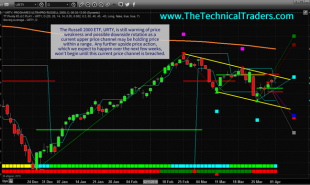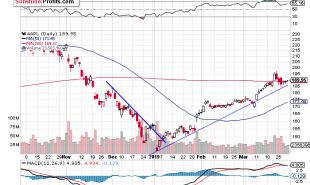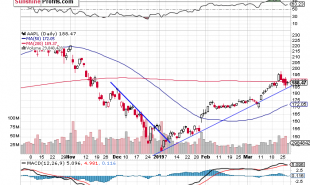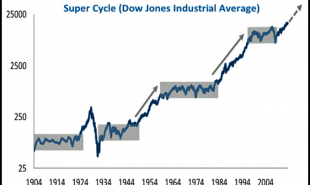
Via Matt Levine
An odd fact of the U.S. legal system for public companies is that every crime is also securities fraud: If a company does a bad thing, and regulators find out about it, then the bad-thing regulators can punish it for doing the bad thing, but the securities regulators can also punish it for not disclosing the bad thing to shareholders and deceiving them about the risk of punishment by the bad-thing regulators. (The exception is if the company does the bad thing and contemporaneously discloses it, but there are as far as I know no actual cases of that, so it is not worth worrying about. "Let's bribe a foreign government, and also put out a press release and 8-K announcing the bribe," is a thing rarely said by corporate counsel.) It is a strange combination: Generally speaking the companies do the bad things on behalf of shareholders -- to make more money for them -- but then the securities regulators come in and fine them for defrauding shareholders. And the fine comes out of shareholders' pockets, making the punishment doubly absurd: Companies do illegal things to make money for shareholders, and securities regulators protect those shareholders from that extra money by taking it away from them.
The German legal system is slightly different:
Volkswagen AG’s top two managers are being investigated over allegations of market manipulation, deepening the carmaker’s legal woes in connection with the diesel scandal.
Chief Executive Officer Matthias Mueller and Chairman Hans Dieter Poetsch -- along with former CEO Martin Winterkorn -- are being probed by Stuttgart prosecutors over whether they were too slow in telling Porsche SE shareholders about VW’s emissions cheating, said a person familiar with the matter, who asked not to be identified. Porsche owns the majority of VW’s voting stock, and the men at the time had dual roles at the holding company and Volkswagen.
I am impressed with the thoroughness of the German prosecutors' interpretation: The diesel scandal isn't just consumer fraud, and it isn't just securities fraud at Volkswagen (there's already a market-manipulation probe there); it's also securities fraud at Porsche. If you defraud consumers, you're probably also defrauding your shareholders, which means your probably also defrauding your shareholders' shareholders. The securities fraud diffuses out through the capital markets. But I am also impressed by their focus on individuals rather than companies: If you really think that Mueller and Poetsch defrauded shareholders by not telling them about the emissions cheating, it does make more sense to punish them than to fine the shareholders.
Read more by Soren K.Group







